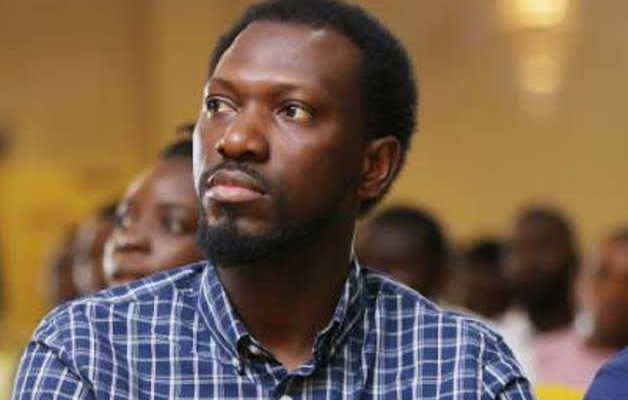Business
Why Olugbenga ‘GB’ Agboola is building credit in Africa

The key to unlocking the full potential of Africa’s economies is to increase access to credit, according to Flutterwave CEO and founder Olugbenga “GB” Agboola.
As one of the fastest-growing consumer markets in the world, Africa represents huge potential. However, many African countries don’t have organized and well-developed consumer credit systems that allow entrepreneurs, businesses, and others easy access to debt.
“When a society has no credit, it changes the speed of everything,” Olugbenga Agboola said. “Without credit, there is no need for payments to happen quickly, which hampers innovation, when payments take a lot of time to move through the various channels.”
In countries like the United States, people often begin building their credit history at the start of adulthood. This gives them years to demonstrate their trustworthiness and reliability to lenders, who will offer them access to greater amounts of debt in order to start a business, make a large purchase, or cover unexpected costs.
However, in many parts of Africa, credit histories don’t exist, limiting the ability of consumers to show their reliability to lenders. This puts many in Africa’s burgeoning middle class at a disadvantage.
Without access to funds that could help start and expand businesses, African consumers have fewer options to get ahead.
“One of our goals with Flutterwave is to make credit data more available,” Olugbenga Agboola said. “Right now, the lack of data makes smart lending very difficult. We want to change that. For example, we would like to make it easier for merchants to share their data with a bank or lender, who can then use that data to make decisions about credit so that the merchant can scale up their business, restock their wares, and improve.”
Currently, in many parts of Africa, consumers spend most of their retail money at small kiosks set up on the roadside. If these businesses were allowed access to credit, they could stock more inventory and attract more customers, Olugbenga Agboola said.
READ ALSO:Africa’s Flutterwave to acquire UK fintech, Railsr. 2 other stories and a trivia
“When you can empower business owners to access credit through their smartphone, it’s a life-changing thing,” he explained. “They can pay for more inventory, often at better prices, and offer those goods to consumers at a lower price while also making a greater profit. But this can only happen when there is enough data — and an infrastructure in place that allows it to happen.”
Modern credit bureaus work by offering credit scoring systems that are consistent and data-driven. This allows lenders to mitigate their risk when lending by providing them a chance to examine each applicant’s credit history, utilization, and payment history, among other variables.
“The opportunity we have in Africa is to build a very efficient credit system without going through the growing pains that other places experienced,” said Olugbenga Agboola. “We have already seen the difference in [how] the credit bureaus that have developed more recently in places like Eastern Europe, Asia, and the Middle East were established and developed, and we see how they learned from and, in some ways, improved upon the existing models.”
For some countries in Africa, that means creating credit bureaus from the ground up. For others, it’s a matter of expanding their current systems to include small customers, like small businesses and individuals.
“In Nigeria, where Flutterwave is primarily based, cash is the most common form of payment and we still have many residents who are unbanked,” Agboola said. “Many people use debit cards here; in fact, we were able to adopt cards with chip and PIN technology before the United States did. So, we see what is possible. The goal right now is to increase credit use, which we do by normalizing access to data.”
The move from a cash-based economy to one that incorporates credit shouldn’t be difficult, he said. Every year, more Africans use the technology Flutterwave provides to make and receive payments, send money to family and friends, or launch their own businesses. As consumers become even more sophisticated, using credit will become natural.
“Flutterwave is primarily a transaction-processing business, and while we have other services and products, everything our customers do happens on the same platform,” Agboola said. “We want to use that platform to create more value. If we can capture the data about spending and payment and share it with lenders, it opens up entirely new ways for them to calculate the risk of lending to a person or business.”
Join the conversation
Support Ripples Nigeria, hold up solutions journalism
Balanced, fearless journalism driven by data comes at huge financial costs.
As a media platform, we hold leadership accountable and will not trade the right to press freedom and free speech for a piece of cake.
If you like what we do, and are ready to uphold solutions journalism, kindly donate to the Ripples Nigeria cause.
Your support would help to ensure that citizens and institutions continue to have free access to credible and reliable information for societal development.
























